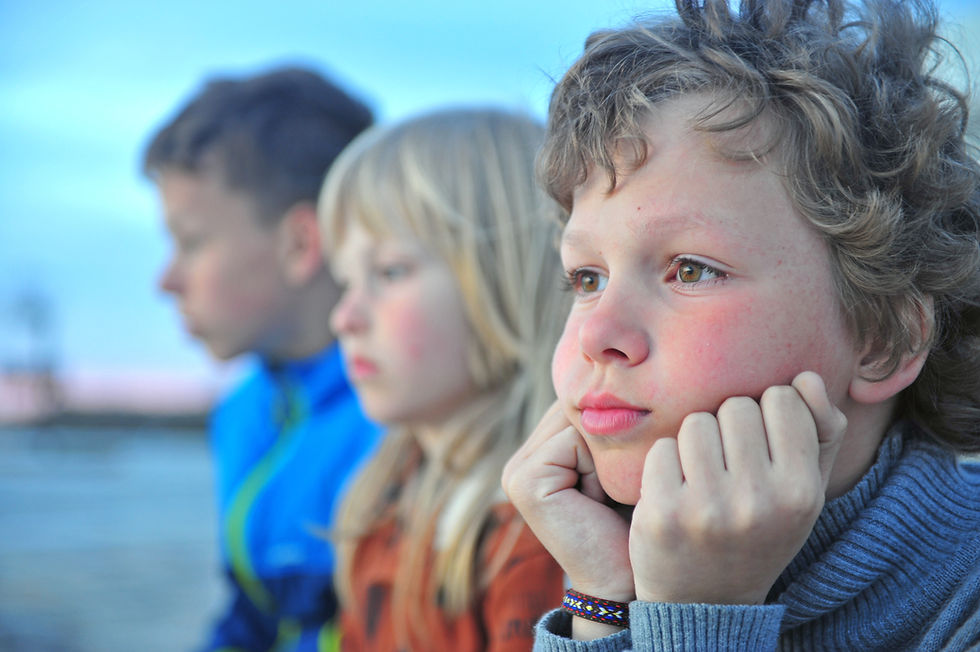Understanding Fight, Flight, Freeze & Fawn Responses for System-Involved Youth, with a Focus on Fawn
Mon, Jan 27
|Online Event
Nicole Kelly, PsyD & Kwonta Phatiphong, PsyD


Time & Location
Jan 27, 2025, 10:00 AM – 5:00 PM PST
Online Event
About the Event
Nicole Kelly, PsyD & Kwonta Phatiphong, PsyD
Training Description
Given the amount of trauma system involved youth and families have experienced, it’s crucial for social service providers and others who support system involved youth to understand common trauma responses and how they may manifest. When we don’t understand this information, we often respond with judgement and punishment. Although fight, flight, and freeze are more commonly known, there is now acknowledgment of the fawn response. This training will provide an overview of the four trauma stress responses, how they manifest and how to support system-involved youth who may be experiencing them. Since the fawn trauma response is new for many, we will focus on ways it manifests. One common way is people pleasing. The training will provide an overview of people pleasing and strategies to support system-involved youth to develop healthier interactions with others.
Learning Objectives
· Identify at least one…
